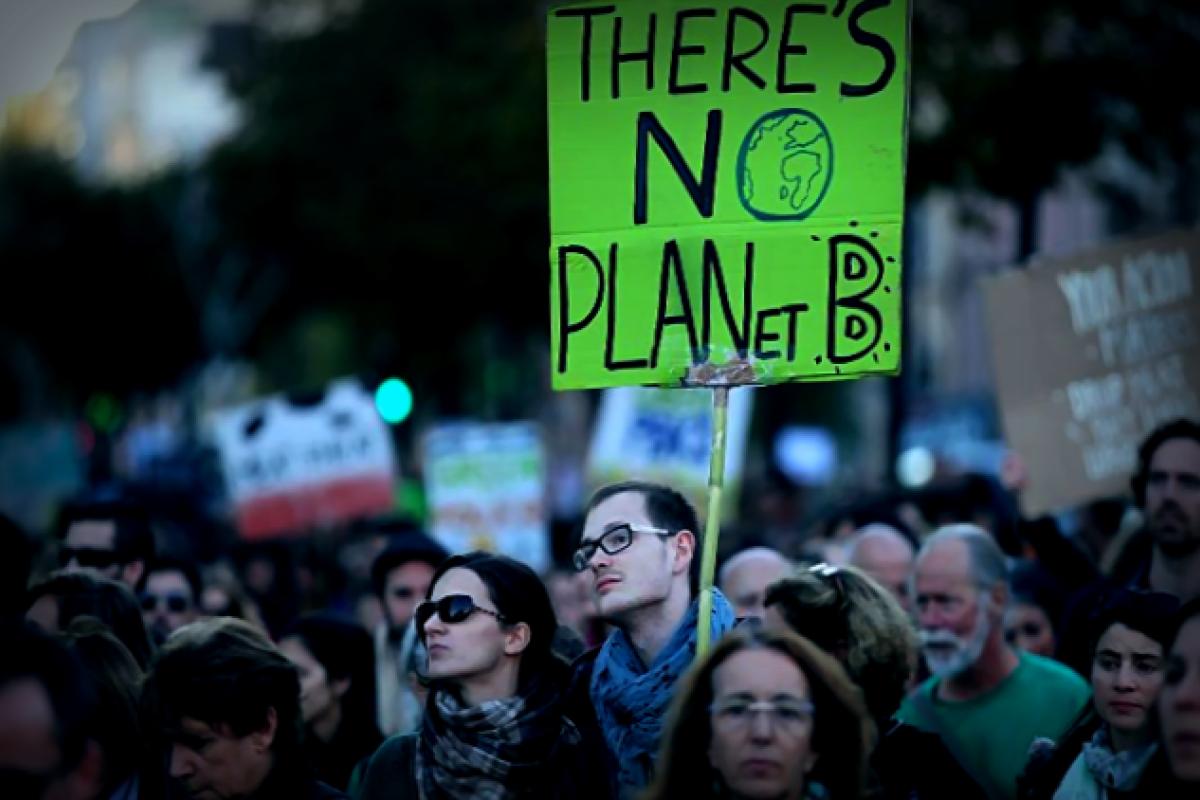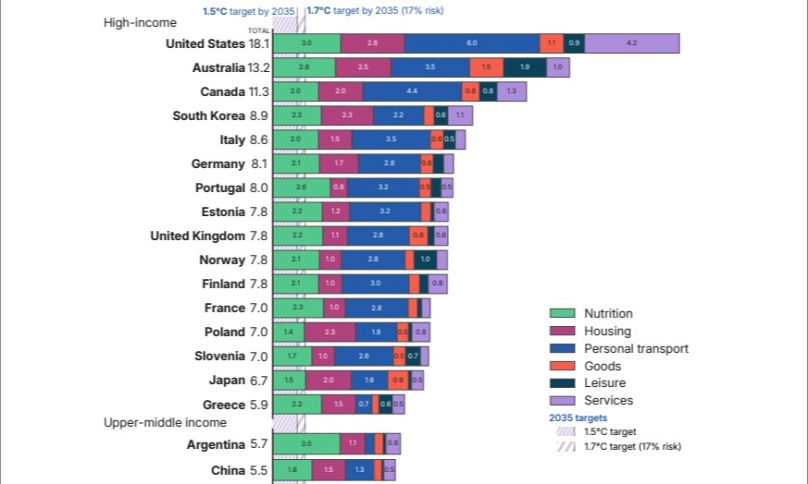A new study reveals a stark truth: wealthy nations are contributing massively to carbon emissions, sometimes up to 17 times beyond what’s acceptable. The Hot or Cool Institute has released a report urging that achieving the Paris Agreement goals and keeping global warming below 1.5°C is nearly impossible if we don’t address both inequality and our rampant overconsumption of resources.
Covering 25 countries across various income levels, the report is one of the most comprehensive assessments done regarding lifestyle carbon footprints. It highlights that those in high-income nations need to reduce their average lifestyle emissions by an astounding 82 to 94 percent. Yet, shockingly, none of the nations examined are anywhere near meeting these climate targets. Countries with upper-middle and lower-middle incomes will need to cut emissions by up to 81 and 67 percent respectively.
Which Countries Are Major Contributors?
You might be curious about which countries are at the top of the emissions leaderboard. Unsurprisingly, the United States takes the lead, emitting 17 times more than what would be deemed acceptable for a Paris-aligned lifestyle. Next in line are Australia (12 times over) and Canada (11 times over). It’s worth noting that every country in the EU falls within the high-income category.
Looking at individual countries, Italy wins (or loses?) the title of worst offender, producing emissions 7.5 times higher than climate goals suggest. Other poor performers include Germany, Portugal, and Estonia. Though Greece manages the lowest emissions among high-income nations, it still exceeds targets by over five times.
A Difficult Choice Ahead
According to Dr. Lewis Akenji, the executive director of the Hot or Cool Institute and the report’s lead author, governments are facing a tough decision. “The remaining carbon budget is rapidly dwindling, imposing a stark choice between fulfilling societal needs and combating climate change unless radical actions are implemented urgently,” Akenji explains. He further emphasizes that social crises and climate issues are deeply intertwined, with escalating emissions and widening inequality amplifying each other.
Steps to Lower Your Carbon Footprint
The researchers identified three critical areas where we can tackle overconsumption and trim our lifestyle carbon footprints significantly. Nutrition, housing, and transportation emerged as the key sectors contributing to lifestyle emissions, overall making up about 66 to 95 percent of carbon footprints across different income levels.
Experts recommend shifting to a plant-based, vegetarian, or planetary health diet, which could potentially cut back 1,000 to 2,500 kilograms of CO₂e emissions per person annually, contingent on the local context. Additionally, transitioning from private vehicles in cities to public transport or cycling—not to mention rethinking how urban areas are planned so that people can live closer to work or school—could yield massive emissions savings, particularly in communities reliant on cars.
Implementing energy-efficient practices like retrofitting buildings, using low-carbon materials, and switching to renewable heating and cooling systems can lower energy demand and, therefore, emissions.
Can Wealth Caps Save the Planet?
While changing personal lifestyles is crucial, the situation is more complex. The wealthiest 10 percent globally are responsible for nearly half the world’s emissions, whereas the bottom half accounts for less than one-third. The report strongly advocates for systemic changes, urging the establishment of global taxes and wealth caps as vital steps toward surviving earth’s future and achieving the Paris Agreement’s objectives.
This includes implementing fair income, wealth, and inheritance taxes, along with capital gains taxation, and considering maximum-to-minimum income ratios and hard wealth limits. The report proposes that these revenue streams can go toward providing universal basic services and fostering a climate of infrastructure tailored toward sufficiency.
According to the report, “Just think—global collective action on wealth distribution and taxation could fund livable conditions while diminishing the social tensions that hinder climate collaboration.”





















